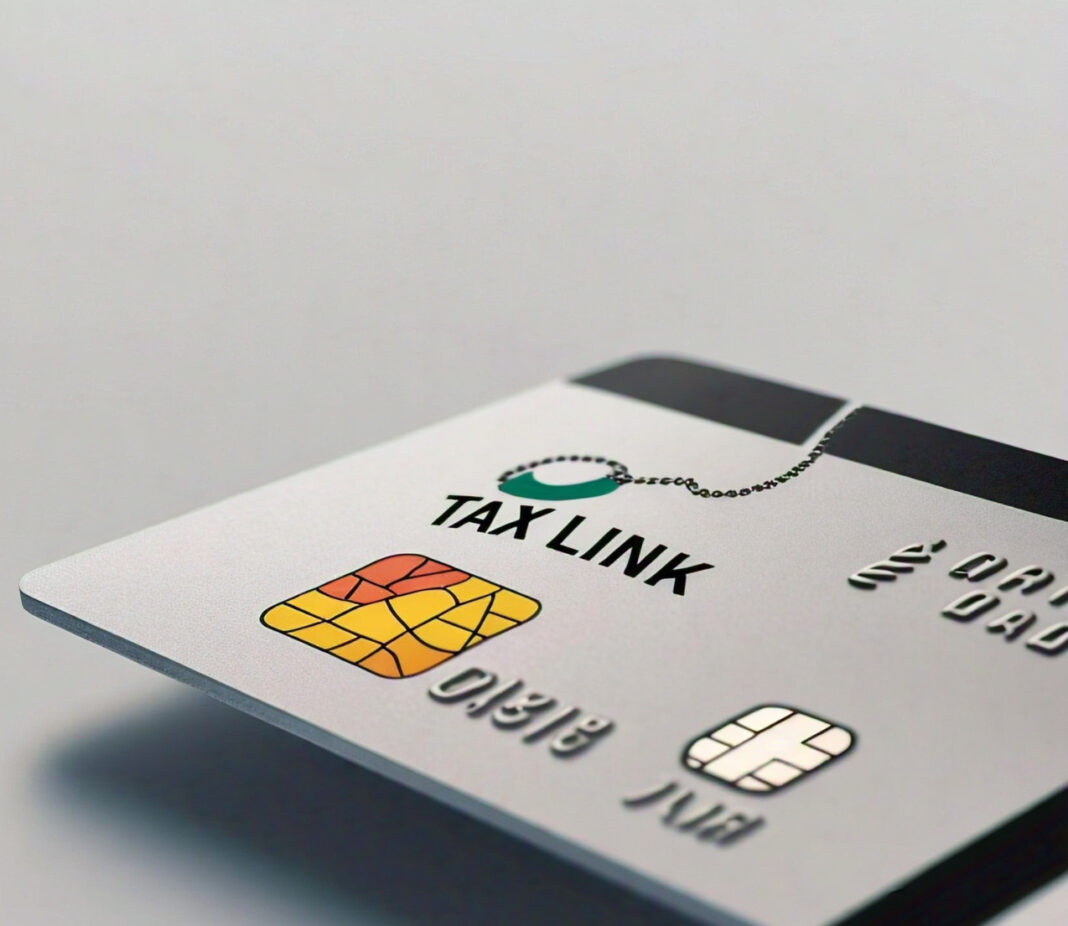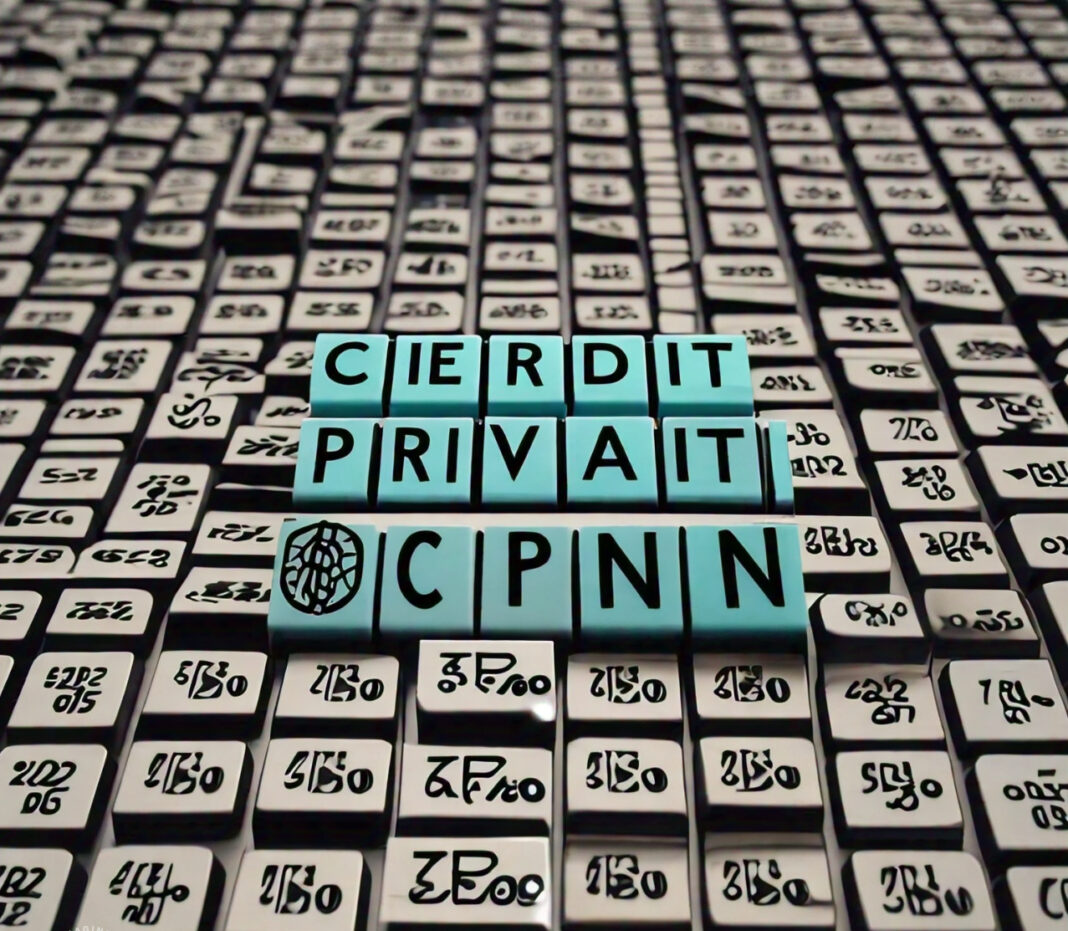Child support is part of the money that is paid by the separated or divorced parents to the child. While its main reason for existence may be the child’s needs, child support can have significant implications for the credit of the paying parent. Child support has a rather direct and intimate relationship with credit scores- a glimpse at how timely payments can infuse more positivity in credit and how defaulted payments are harsh on credit records. Whether paying parents or interested parties in the financial dynamics of this obligation, consider this all-inclusive guide on the vital and developing link between child support and credit.

Understanding Child Support
What is Child Support?
Child support is a legal obligation of parents to pay for their children’s needs, usually when the parents are no longer in a love relationship or living together. It is designed to ensure that both parents contribute something to the child’s rearing, even if one of the parents may have primary custody.
How Child Support is Determined
The amount of child support is usually calculated based on several factors:
-income of both parents
- number of children
- custody arrangements
- child’s needs – education, healthcare, etc.
- state guidelines and laws
Although each state calculates child support differently, the unified goal is to ensure the child’s financial needs are satisfied.
Relationship between Child Support and Credit
Does Child Support Appear on Credit Reports?
One of the most frequently asked questions regarding child support and credit is whether these payments appear in credit reports. The answer isn’t quite clear-cut, as will be shown below:
- Regular payments: Generally, regular, timely child support payments are not reported to credit bureaus and, therefore, do not appear on credit reports.
- Delinquent payments: While it will not be reported if the child support is paid on time, in the case of missed payments, once the debt is sent to a collection agency or the state child support enforcement office, it may be reported to the bureaus.
- Court judgments: In cases where a court issues a judgment for delinquent child support, that will likely appear as a derogatory mark on your credit report.
How Paying on Time Can Indirectly Help Your Credit
While making on-time child support payments does not, in and of itself, have a positive effect on your credit score, it can have indirect positives:
- Avoid negative marks on your credit: On-time child support payments mean you avoid any potential negative marks on your credit report for missed payments or judgments.
- Freeing up money: Paying child support promptly keeps you in a better financial situation overall, maybe enabling you to pay other debts on time and reduce the overall negative impact on your credit score.
- Demonstrating responsibility: Regular, timely payments show financial responsibility, which might be useful later if you have to explain your finances to lenders.
How Delinquent Child Support Affects Credit
Immediate Consequences of Missed Payments
When you fail to pay child support, a few things happen almost immediately:
- Late fees: Most states charge late fees on child support payments, ensuring that the amount you owe will keep growing.
- Interest charges: Some states also assess interest against the child support arrearage, which can increase alarmingly.
- Legal: The custodial parent or the state can and will seek legal means for payment, which can result in additional expenses and complications.
Long-term Credit Implications of Unpaid Child Support
If child support goes unpaid long enough, the consequences can become more severe and directly impact your credit:
- Credit reporting: As mentioned earlier, child support in arrears that is referred to the collector or for which a court judgment has been entered may be reported to credit bureaus.
- Severe blow to credit scores: A delinquent report on your child support may result in a drop of as many as 100 points or more in your credit score.
- Long-term effects: Unpaid child support can remain on your credit report for as many as seven years, affecting your lending prospects, credit card access, and even apartment renting.
- Wage garnishment: In extreme cases, the state may garnish your wages to recover the debt. This circumstance further raises your financial burden and indirectly affects your ability to manage other debt obligations.
Legal Consequences of Unpaid Child Support
State Enforcement Measures
States can employ a host of different methods to enforce child support, many of which can indirectly impact your credit simply by affecting your financial situation altogether:
- License suspension: Some states may suspend your driver’s license, professional license, or recreational licenses-including hunting or fishing licenses for unpaid child support.
- Passport restrictions: The federal government can deny or revoke your passport if you owe $2,500 or more in unpaid child support.
- Tax refund interception: Both state and federal tax refunds can be intercepted to pay overdue child support.
- Property liens: Liens may be placed on your property, making it difficult to sell or refinance until the child support debt is paid.
Federal Involvement in Child Support Enforcement
The consequences for serious delinquency might involve federal authorities in the following ways:
- Federal prosecution: Under specific conditions, willful failure to pay child support is a federal crime, and if convicted, fines and imprisonment are offered as punishment.
- Interstate enforcement: Federal laws aid states in enforcing child support orders across state lines, which makes evading child support obligations by simply moving to another state less possible.
These are legal consequences not directly related to credit but can affect your financial stability and, by extension, your credit health.
How to Manage Your Child Support Payment
Budgeting for Child Support
The best way to avoid these negative implications of missed payments on credit is by being able to budget for child support effectively:
- Prioritize the payments: Just as you would with other important bills like rent or utilities,
- Automate payments: Allow automatic transfers to pay the bills on time without overlooking the due dates.
- Create a buffer: When possible, remain a month in advance with bill payments to create a financial safety net for that month in case something goes awry unexpectedly.
Communication is Key
If one is unable to pay the bills on time, communication can be key to resolve:
- Speak with the other parent. If you are experiencing short-term financial difficulties, you might be able to work out a temporary arrangement.
- Call the child support enforcement agency. They may have options or resources to help you keep up with your payments.
- Legal advice: A lawyer can explain your rights to you, and in the case of substantial change in your circumstances, he or she may be able to modify the support order.
Modification of Child Support Orders
If there has been a major change in either party’s income, you might be able to seek modification of the child support order:
- Loss of job or reduction of income: You have the right to seek a temporary or permanent reduction when you lose your job or when your income level has reduced drastically.
- Changes in the child’s needs: If the child’s needs change, such as no longer requiring daycare services, that can be grounds for modification.
- Change in custody arrangement: If the custody arrangement has changed, the child support calculation will need to be modified.
Remember, any modifications must go via the appropriate legal channels. In this respect, informal agreements between parents are never legally binding. It will neither save you from unwanted credits in case of missed payments.
If your credit has already been affected due to child support-related issues, here are some ways in which you can start rebuilding it:
- Pay off arrears: Pay off any overdue child support immediately. Once paid, contact the child support enforcement agency so they may update your status with the credit bureaus.
- Dispute Falsehoods: Study your credit report in detail. If there are falsehoods regarding child support payments, dispute them with the credit bureaus.
- Goodwill Letter: If one pays off the arrears and maintains a good payment history thereafter, he or she may consider writing a goodwill letter to the credit bureaus explaining the situation and seeking removal of the negative item.
All-Purpose Credit-Building Strategies
While addressing child support-specific issues, use general credit-building strategies, such as the following:
- Pay all bills on time: Make sure to pay all your regular bills each month, not just your child support.
- Lower Credit Utilization: When using credit cards, try not to use more than 30% of the available credit.
- Avoid new debt: While rebuilding credit, try to avoid taking on new debt if possible.
- Consider a secured credit card: If you’re having trouble qualifying for credit, consider a secured credit card. It can be a good option because it allows you to start rebuilding a credit history.
Financial Education is Key
How Credit Scores Work
Understanding credit scores will help you navigate how child support will affect your credit score:
Payment history comprises 35% of the FICO Score: that is why missed child support payments that end up on your credit report are so destructive. Credit utilization, 30%: how much credit you use compared to your limits. Length of credit history, 15%: the average age of your credit accounts. Credit mix, 10%: the variety of credit types you have-credit cards, installment loans, etc.
- New credit (10%): How often do you apply for and open new credit accounts?
Financial Planning for Parents
Whether you are paying or receiving child support, financial planning is key:
- Emergency fund: Try to build an emergency fund to pay for sudden expenses or interruptions in income.
- Long-term planning: Give some thought to the long-term financial needs of your children, including education costs.
- Insurance: Secure life and health insurance covering your children’s financial futures.
- Retirement planning: Do not forget about retirement savings, even as you meet child support obligations.
Conclusion
Although child support is not directly reported to credit bureaus, poor payment histories can indirectly impact your credit score and overall financial health. Timely child support payments will prevent bad marks from appearing and keep your credit in good standing, while missed payments will have severe consequences, taking huge chunks off your credit score.
For paying and receiving parents alike, understanding how child support and credit interact is key. Prioritizing payments, communicating effectively when you have challenges, and taking action quickly to rectify the problem are all ways of managing your child support obligations in a way that protects your credit.
Remember, child support aims to take care of the children. Handling this responsibly means you are meeting a legal and moral requirement; it also sets a good example for financial management to your children.
If you find yourself in a situation where child support payments affect these have on your credit for whatever reason beyond your capability to manage, then seek help. Financial advisors, attorneys, and credit counselors will all be able to provide advice on how to get out of such a predicament. By taking the proper approach, it is possible to fulfill the requirements of child support while retaining good credit for one’s own benefit and the children.






